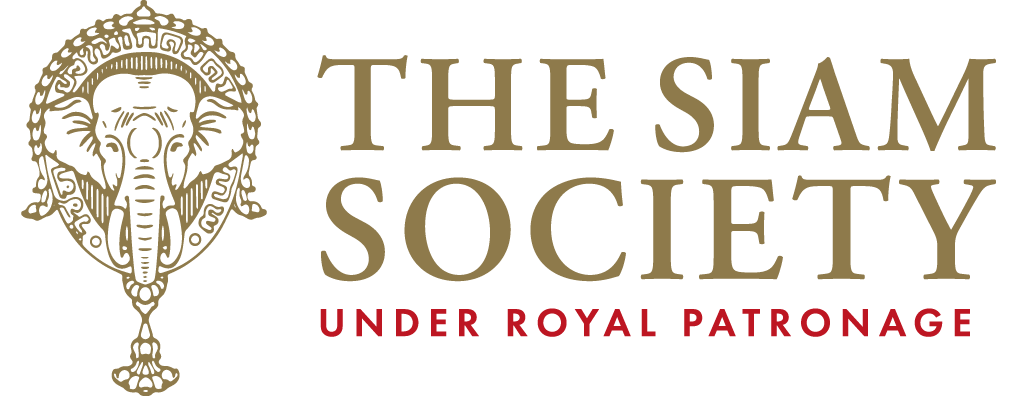Buddhism: Expectation and Reality
IN COLLABORATION WITH THE ORIENTAL CULTURAL HERITAGE SITES PROTECTION ALLIANCE (OCHSPA)
Buddhism: Expectation and Reality Series
This talk looks at how Buddhism has evolved from its original teachings to the way it is practiced today. It begins with the question of language: the Buddha encouraged oral transmission, and over time his words have been preserved in Pali, Sanskrit, Chinese, and Tibetan. It also reflects on the robes of monks, once uniform, but now adapted to different regions and climates. Food offerings are another example—originally very simple, they now include both vegetarian and non-vegetarian meals.
The speaker will then turn to the diversity of Buddhist schools, showing that despite their differences, all are grounded in the Vinaya, the code of discipline. The talk also considers how monks sustained themselves in the Buddha’s time, compared with today’s realities.
A central theme is the Middle Way, a teaching common to all traditions. Theravāda emphasizes the Noble Eightfold Path, while Mahāyāna highlights the idea of dependent origination. Beliefs about deities are discussed, including common confusions such as mistaking Brahma for the Buddha. Another important topic is the place of women in Buddhism. In Thailand, the role of Bhikkhunis, or female monks, is debated, yet Chinese records from the Tang Dynasty suggest they once had a place. Together, these points show how Buddhism has adapted across cultures and times. At the same time, they reveal a shared spirit that unites the tradition. The talk invites listeners to see Buddhism as both faithful to its roots and responsive to reality. It asks: how can we honor the past while living fully in the present?
About the speaker
Phra Maha Anon Padao, known in Pāli as Ānando, was born on June 30, 1977, in Thailand. From an early age, he was drawn to Buddhist learning and philosophy, which shaped the course of his life. He pursued his studies at Mahachulalongkornrajavidyalaya University, where he earned a degree in Philosophy. His passion for languages and intercultural exchange led him to study Chinese and continue his training in Taiwan. At Nanhua University, he completed a master’s degree in Religious Studies, focusing on Buddhist philosophy and logic. He later advanced his scholarship at Fudan University in Shanghai, earning a Ph.D. in the Science of Religion.
Throughout his journey, he developed expertise in Early Buddhism, Madhyamaka thought, and the translation of Buddhist scriptures. As an Assistant Professor at the International Buddhist Studies College, he has guided students from many cultural backgrounds. He also serves as Director of the Fo Guang Shan Thaihua Temple and the Thai-Chinese Buddhist Translation Center. In this role, he works to bridge Buddhist traditions between Thailand, China, and the wider world.
His contributions have been recognized with numerous awards, including the Outstanding Alumni Award from Nanhua University. In 2023, he received the prestigious Serintharaja Translation Award for his translation achievements. Beyond academia, he is dedicated to making Buddhist wisdom accessible through research and community service. He continues to inspire others with his vision of dialogue between Theravāda and Mahāyāna traditions. His life reflects a commitment to scholarship, translation, and the sharing of the Dharma across cultures.
When
Friday, 24 October 2025 at 16:30
Where
Admission
Members and Students (to undergraduate level) — Free of charge
Non-Members — THB 300
สำหรับข้อมูลเพิ่มเติม กรุณาติดต่อ
To book your place, please contact Khun Pinthip at 02 661 6470-3 ext 203 or pinthip@thesiamsociety.org
More upcoming lectures
-

-
 The Bodhisattva and the Hoard: Investigating the Prakhon Chai PuzzleการบรรยายThursday, 19 February 2026 at 19:00
The Bodhisattva and the Hoard: Investigating the Prakhon Chai PuzzleการบรรยายThursday, 19 February 2026 at 19:00 -
 Victory to Ashes: War’s Lessons from the MahābhārataการบรรยายThursday, 5 March 2026 at 19:00 (Bangkok Time)
Victory to Ashes: War’s Lessons from the MahābhārataการบรรยายThursday, 5 March 2026 at 19:00 (Bangkok Time)
